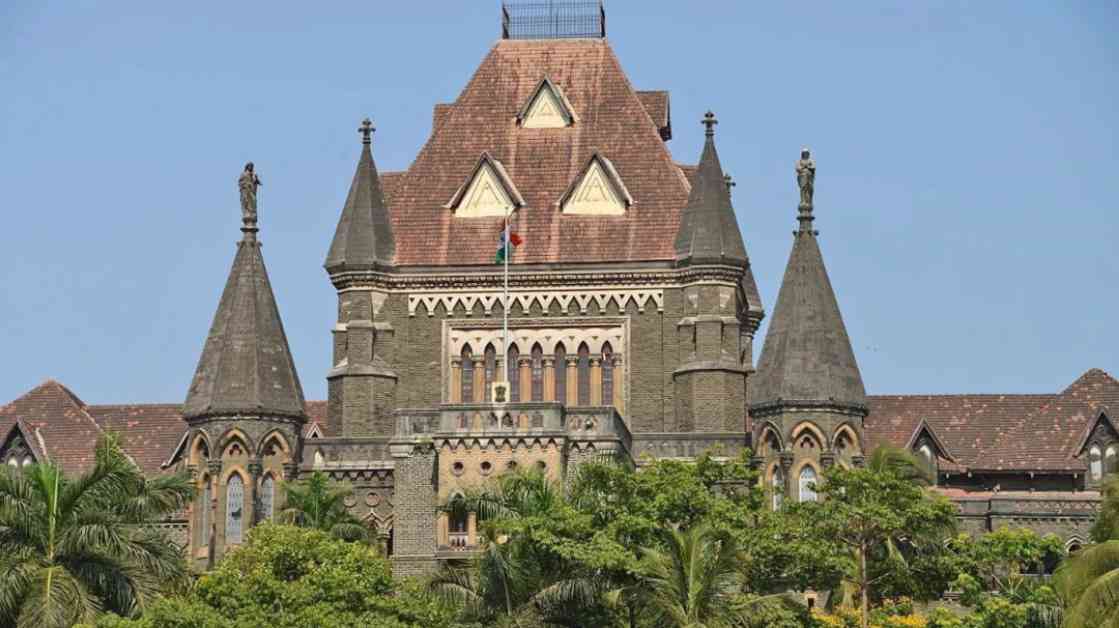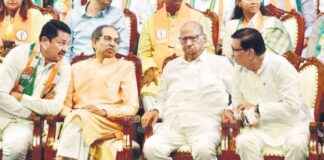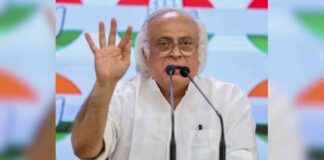High Court Upholds Free Speech Rights, Strikes Down Government’s Fact-Check Unit
In a landmark decision, the Bombay High Court has struck down the amended Information Technology Rules that permitted the government to establish a Fact Check Unit. The ruling, which was issued on Thursday, September 26, declared the amendment unconstitutional. This decision marks a significant victory for free speech rights in India.
The case first came under review in January before a division bench of Justices Gautam Patel and Neela Gokhale. Justice Patel, who has since retired, strongly opposed the rules, arguing that they amounted to censorship. On the other hand, Justice Gokhale supported the rules, stating that they did not pose a threat to free speech. With a split decision of 1:1, the Chief Justice of the Bombay High Court appointed Justice Chandurkar as the tiebreaker in February.
After months of deliberation, Justice Chandurkar ultimately sided with Justice Patel’s stance. He ruled that the amended rules infringed upon free speech and should be repealed. Following this decision, petitions challenging the rules were accepted. On September 29, a bench of Justices AS Gadkari and Neela Gokhale declared rule 3(1)(v) of the IT rules as illegal. The petition was filed by various prominent organizations, including the Association of Indian Magazines, Editors Guild of India, News Broadcast and Digital Association, and comedian Kunal Kamra.
The case revolved around changes made by the government in 2021 to the Information Technology (Intermediary Guidelines and Digital Media Ethics Code) Rules. These changes proposed the establishment of a Fact-Checking Unit (FCU) to monitor content related to government activities on social media and identify any content deemed false. Social media platforms were required to either remove the flagged content or provide a disclaimer, failing which could lead to legal action.
The petitioners contended that these rules posed a significant threat to freedom of speech. They argued that such regulations could have a chilling effect on the content produced by media organizations and individuals. Kunal Kamra, known for his satirical content, expressed concerns that the rules could result in his content being arbitrarily taken down or his accounts being blocked or suspended.
On the government’s end, it defended the rules as necessary measures to safeguard the public from false information regarding government activities. The government argued that the Fact-Check Unit would play a vital role in preventing the dissemination of misleading content that could potentially cause harm.
Despite the government’s justifications, the High Court’s ruling has been seen as a victory for free speech advocates and media organizations. This decision has significant implications for the regulation of digital content and the protection of freedom of expression in the country.
Implications of the High Court Ruling
The Bombay High Court’s decision to strike down the government’s Fact-Check Unit has far-reaching implications for the future of free speech rights in India. By deeming the amended IT rules unconstitutional, the court has reaffirmed the importance of protecting freedom of expression in the digital age.
This ruling serves as a critical reminder of the need to balance the regulation of online content with the preservation of fundamental rights. While it is essential to combat misinformation and fake news, it is equally crucial to ensure that such efforts do not encroach upon the right to free speech.
The High Court’s decision sends a strong message to the government and regulatory authorities about the limits of their power in regulating online content. It underscores the importance of upholding constitutional principles and protecting the democratic values enshrined in the Indian Constitution.
Challenges Ahead
While the High Court’s ruling is a significant victory for free speech advocates, the legal battle over the regulation of digital content is far from over. The government is likely to challenge the decision in the Supreme Court, setting the stage for a protracted legal battle that could have far-reaching implications for the future of online speech in India.
It remains to be seen how the Supreme Court will interpret the constitutional issues at stake in this case. The outcome of this legal challenge will have a lasting impact on the regulation of online content and the protection of free speech rights in the country.
In the meantime, media organizations, content creators, and digital platforms must remain vigilant in defending their right to freedom of expression. The High Court’s decision is a significant milestone in the fight for free speech rights in India, but the battle is far from over. It is essential for all stakeholders to continue advocating for the protection of fundamental rights in the digital sphere.




















